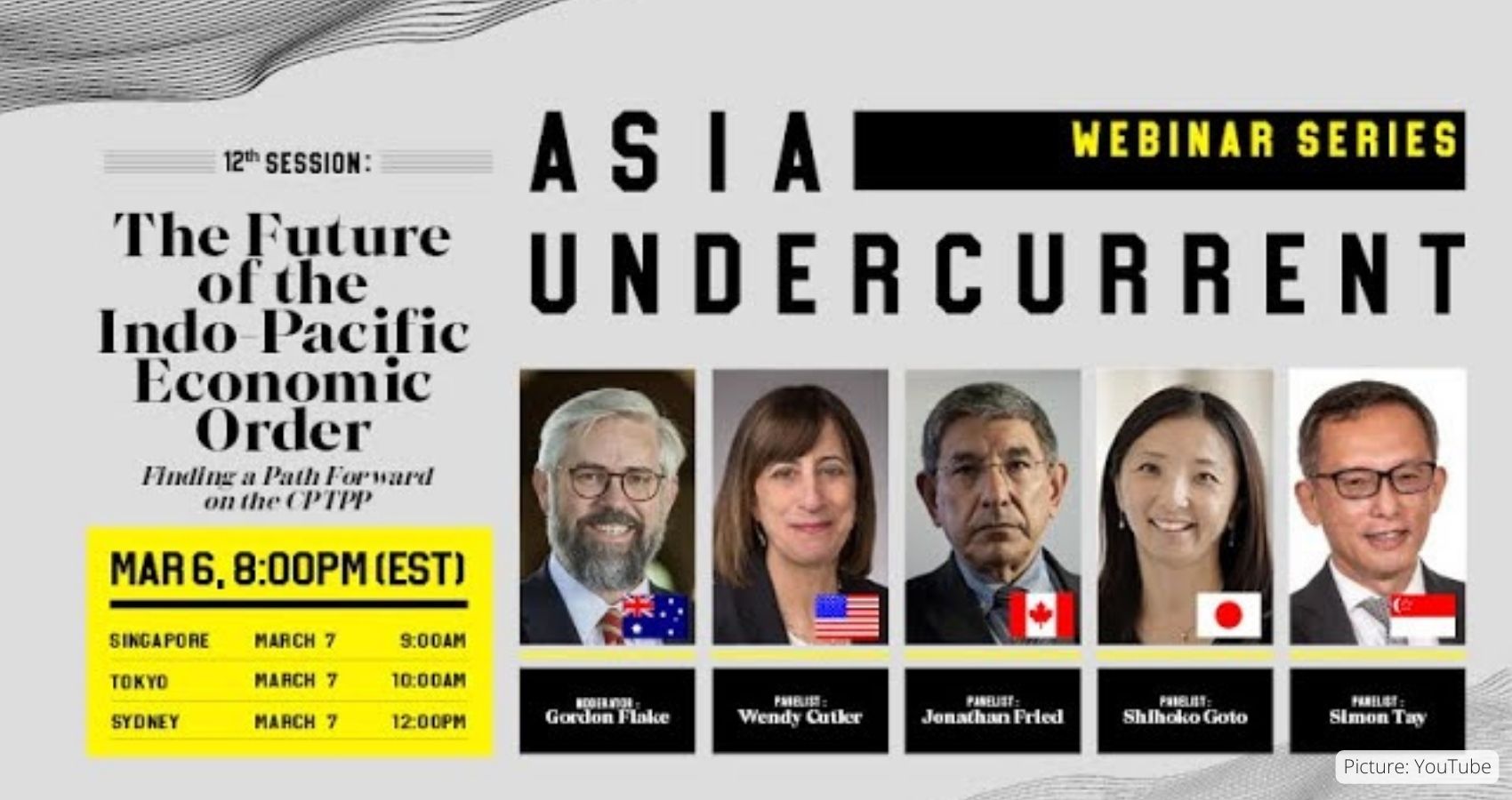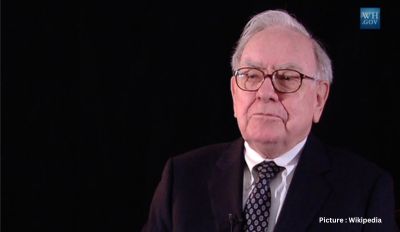The U.S.-led Indo-Pacific Economic Framework (IPEF) concluded its meeting on Saturday, with trade ministers from the 14 participating countries agreeing on a deal to coordinate supply chains.
Wendy Cutler, Vice President of the Asia Society Policy Institute, offers the commentary below on the outcomes of the IPEF meeting.
“The 14 IPEF members should be commended for making progress on three pillars of their work, and achieving “substantial conclusion” of their supply chain work. Reaching agreement among 14 countries, with different levels of development, different priorities and different needs is no small feat. That said, it’s still an open question whether meaningful outcomes can be achieved by the November target date of completion. The challenge of achieving high standards while securing the buy-in of all participants already seems to be impacting the talks, as evidenced by the largely process-oriented announcement on supply chains. Once released, the final text of the supply chain agreement may shed more light on whether substantive commitments were agreed upon.
“The announcement on the Trade Pillar suggests that while work has ‘advanced,’ the negotiations still face significant hurdles. This is not surprising, given the topics included and lack of offers of market access to allow for traditional trade-offs. Of note, is that work on technical assistance and economic cooperation is singled out as an area where “substantial progress” has been made. Hopefully, this will pave the way for more progress on the tough issues of digital, labor and the environment.
“The Clean Economy Pillar statement language suggests that while IPEF members agree on the importance of the transition to a sustainable economy, there is no meeting of the minds on how IPEF can contribute in concrete terms. The announcement notes that many ideas and proposals are being discussed, but is vague on where the work may be headed in concrete terms.
“On the Supply Chain Pillar, Ministers announced the ‘substantial conclusion’ of negotiations. Given the importance of supply chain resiliency to individual, regional and the global economy, the IPEF supply chain outcomes are welcome, albeit modest and largely process- oriented.
“The statement lays out nine important objectives of the agreement, including promoting a collective understanding of supply chain risks, minimizing disruptions, and ensuring the availability of skilled works in critical sectors. But these goals, many of which mirror the initial negotiating mandate of this pillar, do not appear to be translated into rules, commitments or initiatives.
“Rather, the announcement focuses on three new bodies to help flesh out and operationalize the objectives, including a Council, a crisis response mechanism, and a labor advisory board. In essence, the IPEF members have established a framework within a framework to address supply chain concerns, with much of the substantive work yet to be discussed and agreed upon. Curiously, the new bodies are ‘contemplated,’ and apparently not yet agreed upon, suggesting that there were some last-minute hitches in even setting up this structure.
“Finally, the Fair Economy pillar points to ‘good progress’ on negotiation of the text on anticorruption and tax matters. Based on this characterization, this pillar’s work is likely to be the next candidate for an early harvest agreement.”












